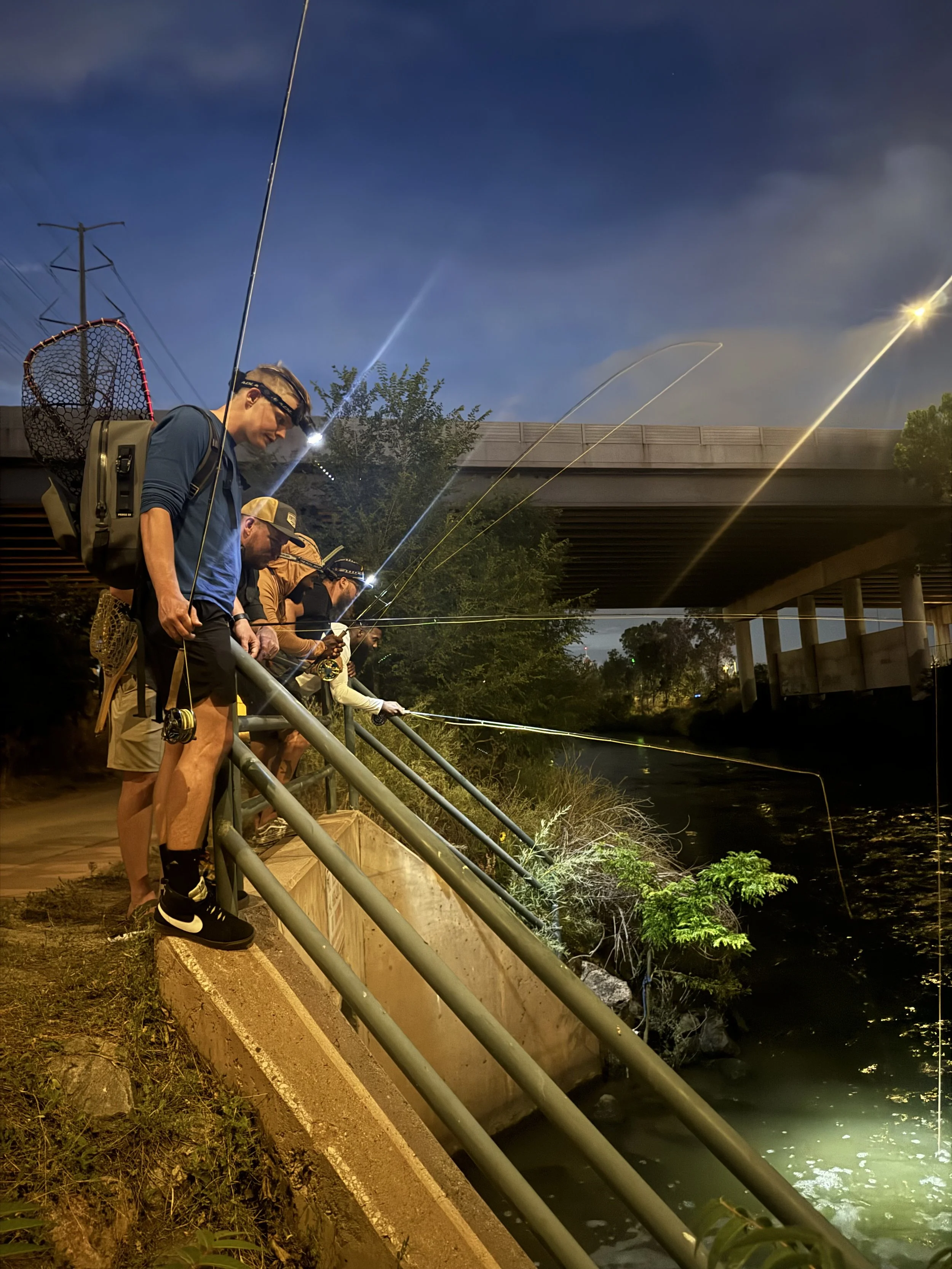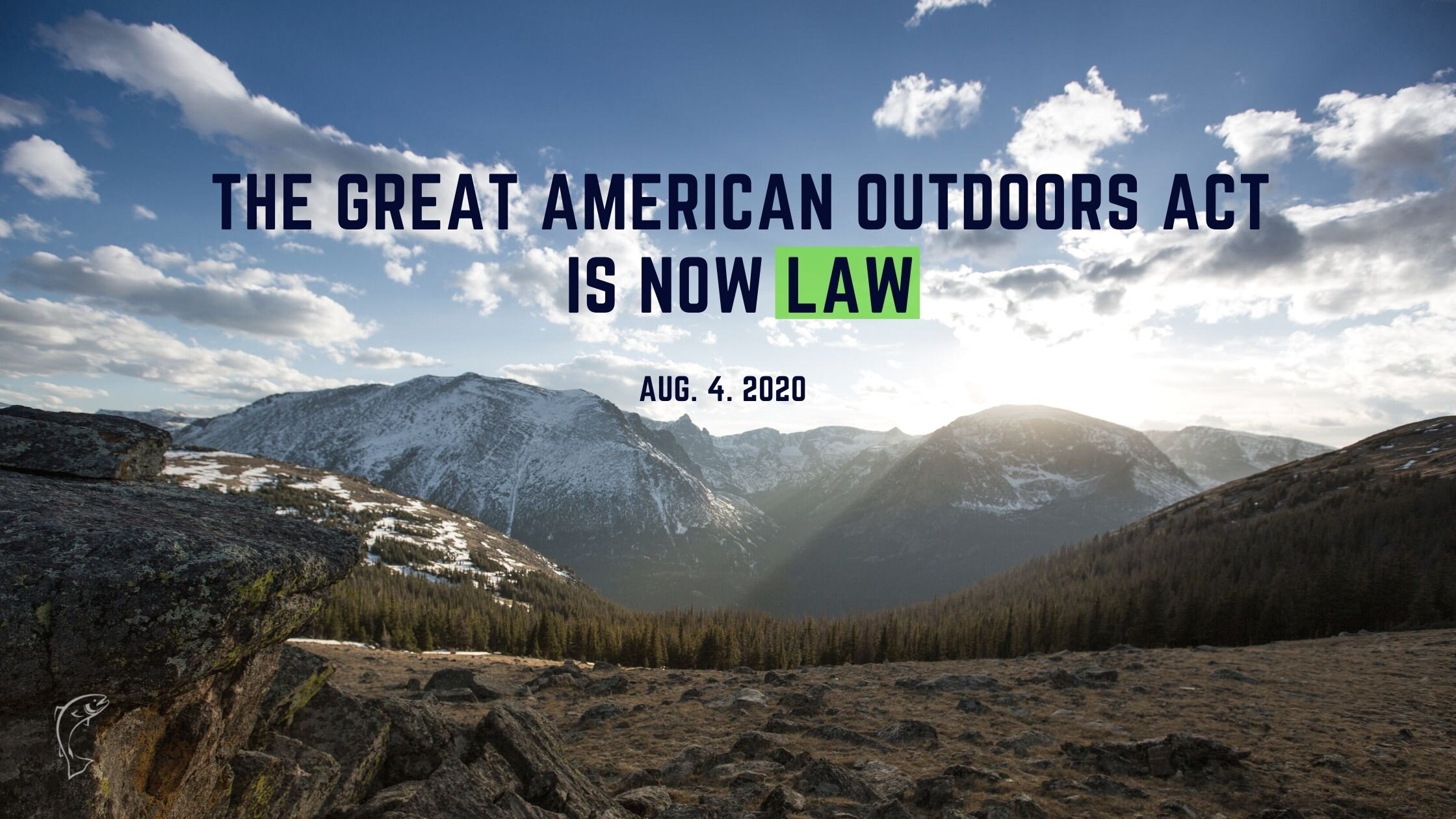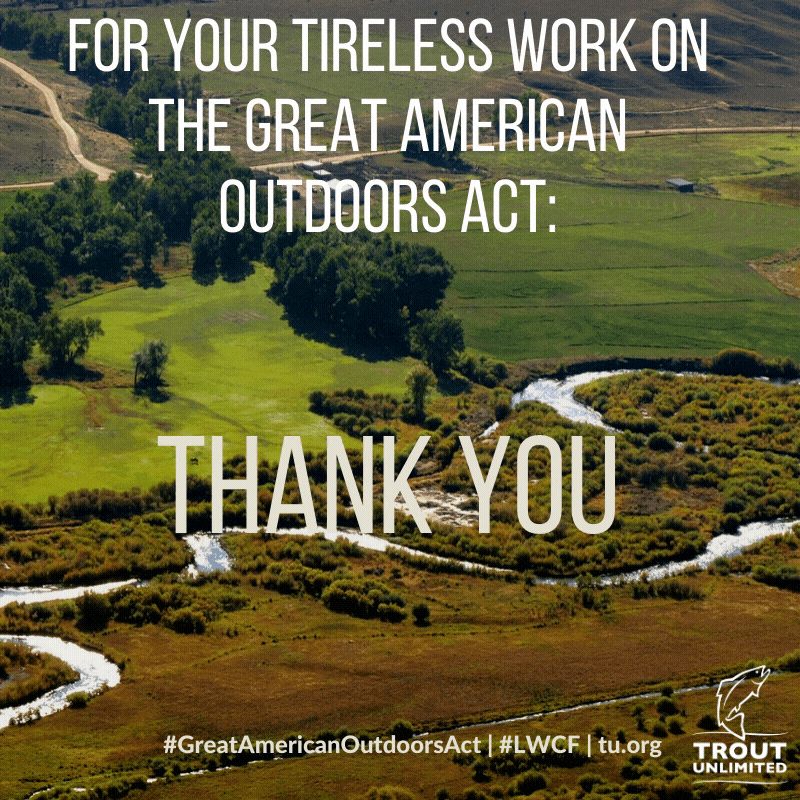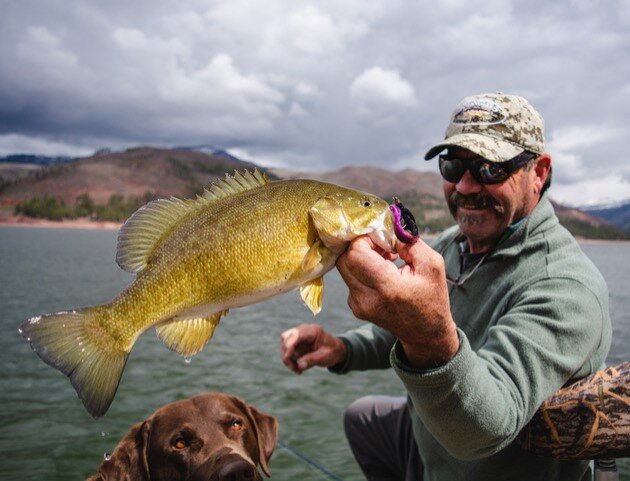Today, the President signed into law the Great American Outdoors Act (GAOA), which previously passed both the House and Senate with strong bipartisan support. The most significant national conservation legislation passed in a generation, the GAOA permanently secures funding for public lands and outdoor recreation under the Land and Water Conservation Fund (LWCF) as well as providing much needed funding to address the maintenance backlog on our National Parks and other public lands.
For more than 50 years, LWCF has set aside and protected special places in Colorado and nationwide. With LWCF funds invested statewide, from iconic landscapes like the Great Sand Dunes, to boat launches on the Colorado River, to community parks and trails in our own backyards – there’s a good chance you’ve enjoyed lands or facilities that LWCF helped provide.
LWCF doesn’t rely on your tax dollars, but rather is funded by an earmarked portion of royalties paid on offshore oil and gas development. Unfortunately, that dedicated stream of revenue has been regularly raided for other purposes in the annual politics of the appropriations process. More than $22 billion has been diverted from LWCF over its history – but it won’t happen again. With the GAOA now the law of the land, the funds committed to LWCF are permanently dedicated. And that is great news for our public lands and the multi-billion outdoor recreation economy they help sustain.
The other key portion of the GAOA originated as the Restore Our Parks Act and will provide $9.5 billion in dedicated funding toward our public lands deferred maintenance backlog. TU played a key role in ensuring that this maintenance funding included public lands beyond just the National Park facilities – funding partnership projects like replacing undersized culverts that are blocking trout and salmon migrations, and fixing roads that are bleeding sediment into streams.
Corinne Doctor, David Nickum, and Barb Sheedlo traveled last fall to Washington, DC to advocate for LWCF with our legislators.
Passage of the GAOA is a victory that has been many years in the making, the result of hard work from countless TUers and conservation allies. From volunteer advocates who reached out to their elected officials and wrote letters to their local papers – to staff and interns who helped us research LWCF projects in Colorado and prepare publications telling the program’s story – to grassroots leaders who flew in to Washington, DC to make the case for LWCF in person.
In Colorado, we’re blessed to have elected officials who have shown their deep commitment to our public lands as well. In particular we’d like to extend our gratitude to: Senator Gardner, lead Senate sponsor of GAOA whose tireless efforts were essential in creating the bipartisan support needed to move this legislation; Senator Bennet, a GAOA co-sponsor who has been among the strongest advocates for LWCF and public land conservation throughout his years in the Senate; and Representatives DeGette and Neguse, whose work on behalf of LWCF as Colorado’s members on the Natural Resources Committee helped secure the support needed for GAOA’s passage within the House of Representatives.
Today is a great day for all of us who value our public lands. In the midst of some very challenging times, it is especially rewarding to have something to celebrate – so please join us in toasting a great conservation victory and all of those who have made it possible!




















